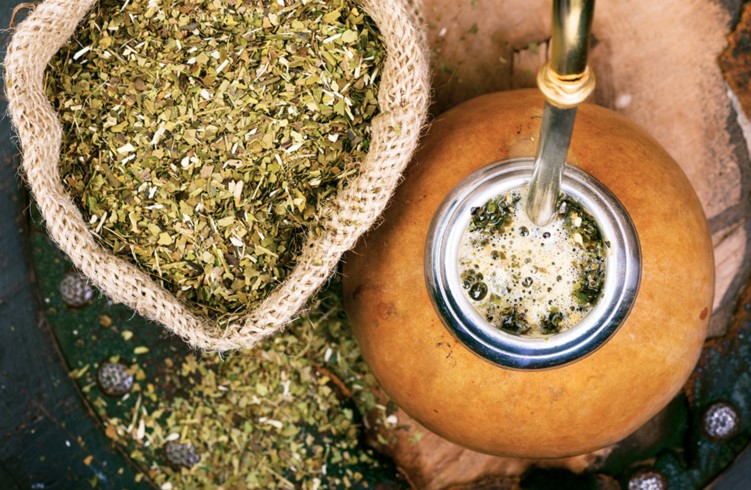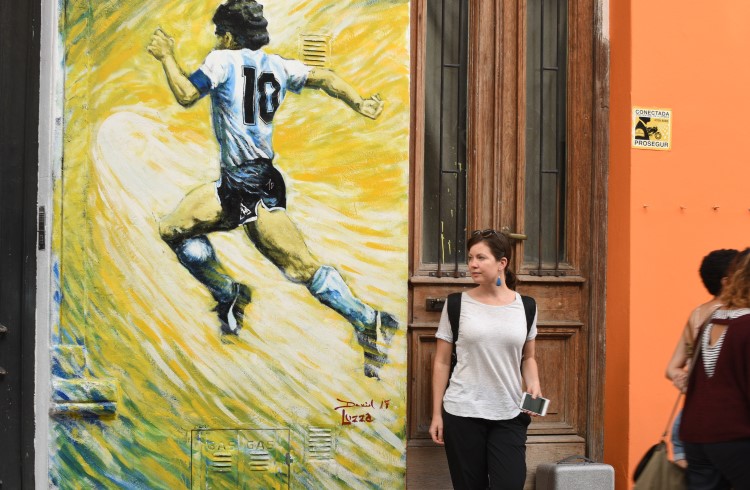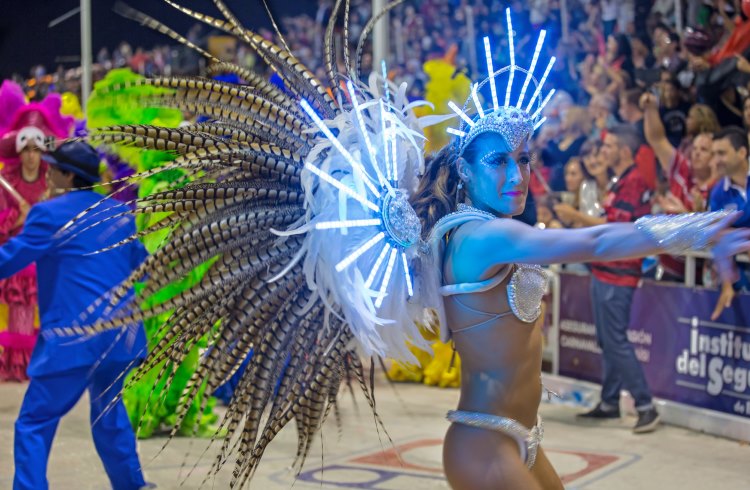Argentina Etiquette and Culture: 8 Insider Tips
Argentina native Martina shares what you need to know about Argentinian culture, social customs, and the local experiences you shouldn’t miss.
 Photo © iStock/anyaivanova
Photo © iStock/anyaivanova
- The mate ritual: sharing is caring
- Public affection: a society of hugs and kisses
- Politics, religion, and football
- Go with the flow
- Siestas and dining etiquette
- Music and festivals
- Argentina's people
- Political movements
- 8 must-do experieces in Argentina
If you tell an Argentinian that you’ll be visiting the country, rest assure that what will come next is: you will be offered a place to stay, invited to a traditional barbeque, asked to go sightseeing with the friend of a friend and, most of all, you will be offered mate. Don’t even think of saying no!
The mate ritual: sharing is caring
Mate may be the single thing that culturally defines all Argentinians. It’s what we do, all day, while doing anything else. The mate ritual reflects our most deeply rooted values: sharing and friendship.
This bitter type of tea, known as Yerba Mate, is served in a small cup with an aluminium straw that everyone shares by turns. (Note: post-COVID, the mate ritual still exists, but it's more likely that everyone brings their own cup and straw rather than sharing.)
Public affection: a society of hugs and kisses
Argentinians are quite relaxed about public displays of affection, which can sometimes be shocking for foreigners. When greeting someone, give a kiss – only one – on the right cheek, sometimes even a tight hug. This goes for men and women. Talking loudly and with energetic body language is perfectly okay, think Italians…
Politics, religion, and football
As a society, Argentinians can be quite polarized by concepts like politics, the military, church, and football. Footballers Maradona and Messi; Malvinas (aka the Falkland Islands); the Pope; Juan and Evita Perón: these are all sensitive topics. A simple conversation can turn into an intense debate quite easily, so don’t take it personally if you find yourself in the middle!

Apart from mate, asado (Argentine BBQ), and tango, football is the quintessence of all things Argentine. You don’t need to visit La Boca to get a sense of this: almost every neighborhood has its own football team. The whole country stops for the Sunday matches, and it’s said that if you want to say you’ve visited, you have to go to a stadium and see a match.
Go with the flow
Accept the realities of Argentina. You may encounter strikes, demonstrations, people crossing during red lights, dog poo, crowds everywhere (if you are in major cities) almost daily. This can create a sense of chaos and overwhelm visitors, but don’t let it spoil the fun. Try not to be bothered by people not being on time, concerts starting a few hours late, or buses being tardy. There’s really no reason to rush.
Siestas and dining etiquette
Many regions of the country, especially the hottest ones, follow the custom of siesta – napping in the afternoon. You can expect everything to be shut down from 12:30pm until 4-5 pm. Locals usually eat dinner around 9 or 10pm. That’s why Argentinians eat merienda (afternoon tea) around 6pm. This translates to late mornings, so you won’t find much to do before 10am.
Music and festivals in Argentina
Tango is on UNESCO’s Intangible Cultural Heritage list, and it’s deeply embedded in our culture.
But the love for music goes beyond tango. There’s also the Cosquín Festival – Argentina’s most important folk music festival – in Cordoba, during January. The festival lasts nine nights and the artist lineup is always excellent.
And there's the Argentine version of rock ‘n’ roll: Rock Nacional. One of the best experiences for a visitor is to go to a rock concert, get in the midst of things and jump like there’s no tomorrow – that’s called pogo.
Other major festivals are the Fiesta de la Vendimia (Grape Harvest Festival), held February-March in Mendoza, and Carnaval de Gualeguaychu, which takes place in Entre Ríos during March, and is the most famous festival in the country.
If you choose to go, make sure you plan ahead of time.

Argentina’s people, from gauchos to Porteños
Argentina is quite culturally diverse – in just three blocks you can find a synagogue, a church, an Asian supermarket, and a Lebanese restaurant. Known as the ethnic crisol (crucible), it’s a country of immigrants. You will find Italian porteños in Buenos Aires, gauchos in Las Pampas, German, Danish, Jewish, Welsh, and indigenous communities spread throughout the country.
Political movements in Argentina
Known for iconic public figures like Evita Perón, Argentinians have always been quite active members of society. In 1976, the darkest period of our recent history began. This dictatorship government lasted until 1983, and left an aftermath of 30,000 Desaparecidos (kidnapped/disappeared).
A group of mothers whose sons and daughters were kidnapped have started protesting peacefully every Thursday at Plaza de Mayo in Buenos Aires. They are known as the Madres de la Plaza, and their fight for justice has been recognized worldwide.
If interested in learning this chapter of history, visit the Escuela de Mecánica de la Armada (E.S.M.A.), which was the main clandestine torture center. Alternatively, you can march with the Madres de la Plaza every Thursday at 3.30 pm.
8 must-do experiences for travelers in Argentina
- Sit at the park and have mate with new friends: just say “¿Me das un mate?”
- Attend a folklore festival or peña
- Watch a game of pato (the traditional sport of gauchos) at Las Heras in Mendoza
- Visit indigenous communities and towns to help keep their heritage alive
- Dance tango at a milonga (tango venue)
- Eat traditional asado with the gauchos
- Of course, drink wine. But, remember to try Fernet con Coca. If you ever tell an Argentinian, especially from Cordoba, that you’ve tried this, you’ll make a friend on the spot
- Listen to Cuarteto, Argentina’s most popular type of Latin music, created in Cordoba
Related articles
Simple and flexible travel insurance
You can buy at home or while traveling, and claim online from anywhere in the world. With 150+ adventure activities covered and 24/7 emergency assistance.
Get a quote
No Comments